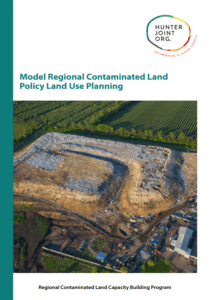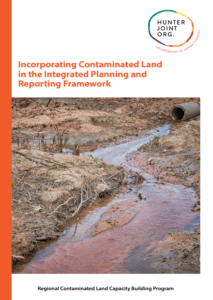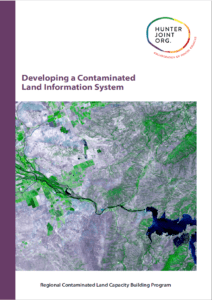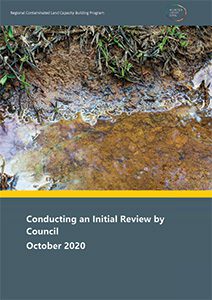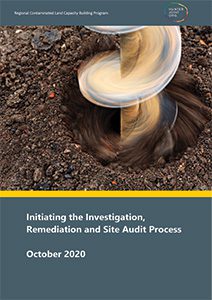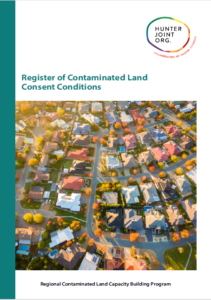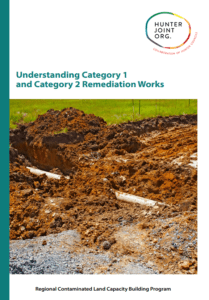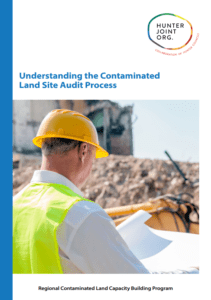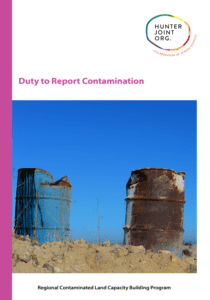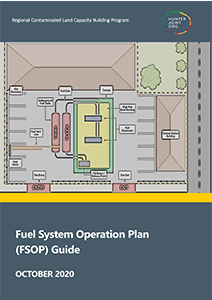The Regional Contaminated Land Capacity Building Program aims to build the technical expertise and capacity of the Councils within the Hunter and Central Coast region to effectively identify, assess and manage contaminated land management issues to create a liveable and sustainable Hunter and Central Coast region with thriving people and natural environments. The program also aims to build connection and alignment with other key state organisations to see us all constantly value-adding on a regional scale.
Primary elements of the program include:
- Development of regionally consistent contaminated land policies and procedures
- Training and capacity building forums for Council staff to improve individual and corporate knowledge and skills, and to provide access to external technical expertise and support
- Assisting Councils with the transfer of management responsibilities for Underground Petroleum Storage Systems from the NSW EPA, which commenced in 2019.
- A Service Desk for Council staff seeking technical advice on issues involving contaminated land management (land use planning, UPSS and public land management). For Council Staff seeking the Service Desk, please contact our Contaminated Land team at contaminated.land@hunterjo.com.au
Councils as Regulators through Land Use Planning
Where land is ‘significantly contaminated’, it is regulated by the NSW EPA. If contaminated land does not pose an unacceptable risk to human health or the environment under the current land use, Councils (and other planning authorities) are the regulators through the planning and development process.
Under the Program, we’ve published a Model Regional Contaminated Land Policy for Land Use Planning to support member Councils develop local contaminated land policies in a regionally consistent manner. The Model Policy is accompanied by a range of supporting procedures and guides, designed to assist Councils effectively implement the Model Policy at the local level.
Adapting the Model Regional Policy to their Local Government Area will assist Councils demonstrate adherence with the Environmental Planning and Assessment Act 1979, and the NSW Managing Land Contamination Planning Guidelines – SEPP 55 Remediation of Land 1998 (“the Planning Guidelines”), which strongly recommends that “each local council develop and adopt a formal policy for managing land contamination to provide a local context for decision making” and that “the policy should be consistent with the Guidelines and either adopt or be based on them, with variations based on local conditions and procedure”.
The Policy seeks to achieve the key principles of:
- Ensuring any land use changes will not increase risk to human health or the environment
- Avoiding inappropriate restrictions on land use
- Providing information to support decision making and to inform the community of Council’s requirements
Model Regional Contaminated Land Policy
Incorporating Contaminated Land in the Integrated Planning and Reporting Framework
Management of contaminated land is essential to protect human health and the environment and has economic, legal and planning implications for the community and for regulatory authorities. Incorporating contaminated land in the Integrated Planning and Reporting (IP&R) framework promotes proactive management and allocation of resources. The Incorporating Contaminated Land in the IP&R Framework Factsheet outlines an approach which ensures that holistic contaminated land management is embedded through the IP&R framework, covering all of councils’ areas of responsibilities for contaminated land. This Factsheet also links the focus areas suggested for the IP&R framework to available resources and information which can support councils embed and sustain the concepts in their organisation.
Supporting Resources and Guides
We have produced a range of supporting procedures and guides, designed to assist Councils effectively implement the Model Policy at the local level. Click on the images below the diagram to access the documents.
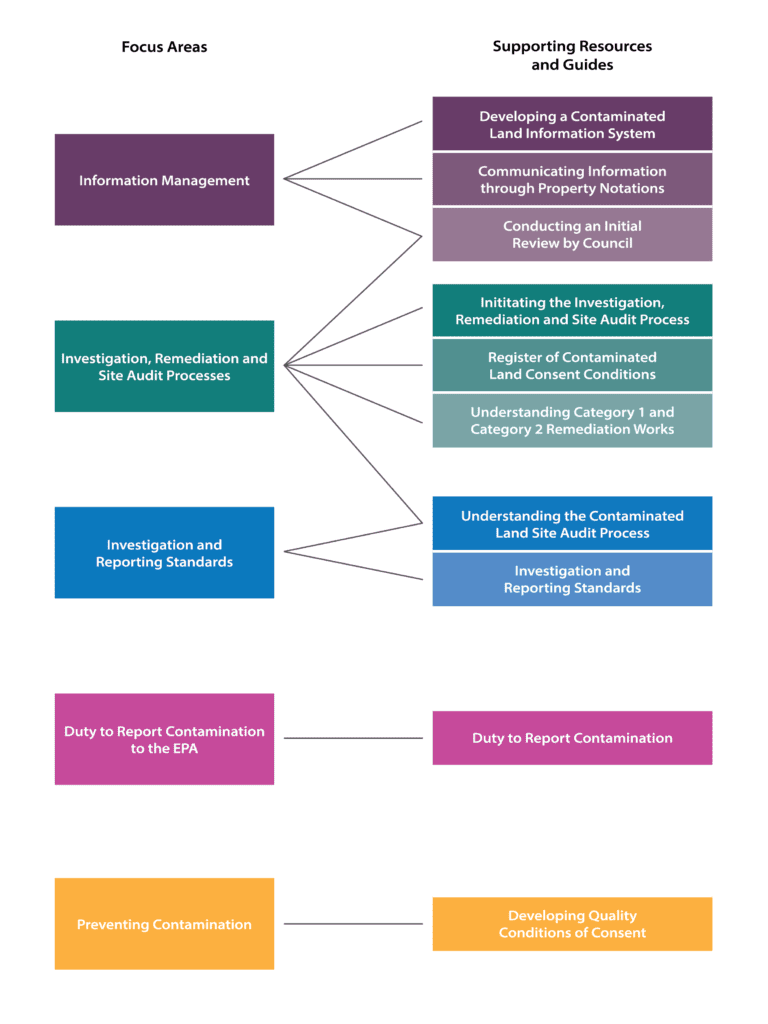
Information Management
Investigation, Remediation and Site Audit Processes
Investigating and Reporting Standards
Duty to Report Contamination to the EPA
Preventing Contamination
Developing Quality Conditions of Consent – Document coming soon
Underground Petroleum Storage Systems (UPSS)
NSW EPA handed over the regulatory responsibility for under the Protection of the Environment Operations (Underground Petroleum Storage Systems) Regulation (UPSS Regulation) in 2019. Since then, most sites with a UPSS located in NSW are regulated by local councils. The UPSS Regulation seeks to minimise the risk to human health and the environment by requiring best practice design, installation, maintenance, and monitoring of UPSS.
The NSW EPA provides an extensive range of factsheets and resources on UPSS on their website. They also offer a free online training module for Council officers to use as a refresher or to train staff new to regulating UPSS sites (search for UPSS Capacity Building Online Training Modules).
The Hunter JO has put together a Fuel System Operation Plan (FSOP) Guide which contains examples of the documented procedures and records required by the UPSS Regulation, prepared under the Protection of the Environment Operations Act 1997. This can be provided to persons responsible for UPSS as an example of what to include in an FSOP.
Managing Contamination on Council Land
Council has the responsibility for contamination and contaminating activities on its own land. Through the program, we have established a series of supporting document and tools to assist Councils with their land portfolios.
Additional Resources

The program has been funded by the NSW Government through the EPA’s Contaminated Land Management Program.
